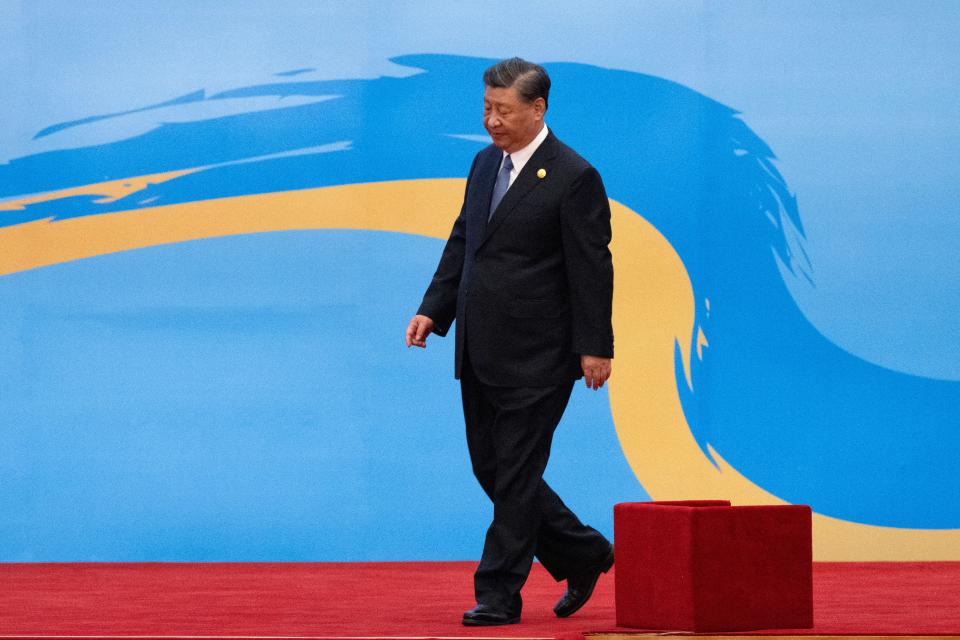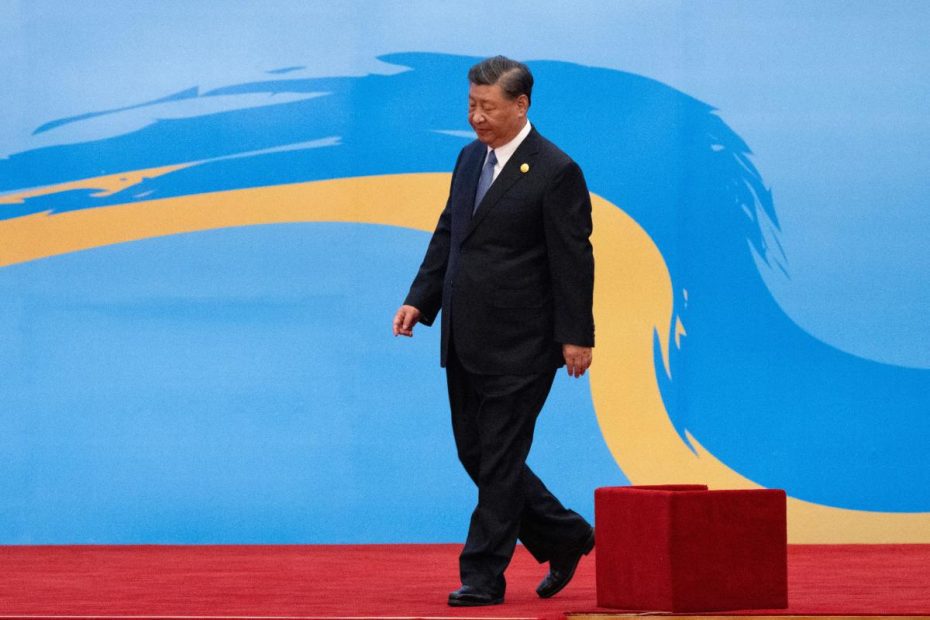People who feel 'forgotten' forget foreign policy. American adversaries are counting on it. Across party lines, 52% of Americans oppose additional aid to Ukraine. Another 55% opposed increases in defense spending last year, even to meet stated threats.
This follows a general slump in favor of US involvement in the world, which is despised by more than a third of the country. When we analyze this along partisan and socio-economic lines, the wave of antipathy only grows.
In passing the 2024 National Defense Authorization Act, 93 Republicans in the House of Representatives (or 42% of the conference) voted to end aid to Ukraine. More than a quarter of Republicans in the House of Representatives have never voted for aid to Ukraine, including half of Tennessee's congressional delegation.
Of these, 93% represent rural districts. Another 53% represent economically “distressed” or “at-risk” districts, where employment opportunities are scarce, employment rates are low, and poverty rates are high. With the exception of Rep. Tim Burchett's representatives in Knox County, Tennessee, who are voting against aid to Ukraine, they come from districts that reflect this trend.
Their main constituency? “Forgotten Americans.” They make up 38% of the population, are poorer, live mainly in rural America and often care little about global affairs. After all, their concerns about community decline and economic drought are comparable to those of the Great Depression.
Drastic economic shifts have decimated American communities
Approximately 1.6 million manufacturing jobs have been lost in the Rust Belt alone, a 35% decline from 2000 to 2010. The Appalachian story is similar – and getting worse. Communities in East Tennessee, North Carolina and North Georgia are already facing billions in damages from Hurricane Helene, devastating employers and closing schools indefinitely.


In the same regions, median household income fell more than anywhere else in the country. That Chinese President Xi Jinping oversees the supply chains that sustain them is just an old fact.
A brave Ukrainian defense, supported by their tax dollars, is only temporarily inspiring. Genocide, crimes against humanity, unjust wars, abandoned allies – it all becomes a banal reality of an international anarchy in which the US should not play a major role.
These districts have experienced dramatic economic shifts. In 1940 the main industry in each district was manufacturing or mining. In 2000, this only applied to more than a third of the same districts.
Through a combination of automation and offshoring, the United States has witnessed a decline of between 3.5 million and 5 million manufacturing jobs over the past two decades, in addition to 70,000 closed factories. Such losses were felt most acutely in districts that had been dependent on manufacturing – and where no new industry filled the void.
The middle class wants its local problems addressed by their government
Their vocal patterns are illuminating. Opposition to aid to Ukraine is already clustered geographically and demographically. Districts that vote against aid to Ukraine are disproportionately rural and poor. In other words: 'forgotten Americans' vote against support for Ukraine.
This does not have to be the case. Most of the dollars earmarked for military aid to Ukraine flow to the U.S. Treasury.
Dollars buy weapons and equipment manufactured in 65 (mostly urban) congressional districts, including two in Tennessee. Yet only five outspokenly anti-Ukrainian districts are also home to factories in this bountiful supply chain. The other 52 anti-Ukrainian districts play a small role – and see little benefit – in the arsenal of democracy.
Despite the well-intentioned bravado of White House National Security Advisor Jake Sullivan, the United States still lacks a “foreign policy for the middle class,” let alone a policy for the working class.


At a time when hot production lines are the difference between victory and defeat, the U.S. military industrial base and its allies would do well to effectively “Build Back Better” by combining cash-strapped and jobless regions with vital defense production sites. We can no longer afford to separate guns and butter. There's too much at stake.
Zacarias Negron, a native of Knoxville, is chancellor and research assistant at Vanderbilt University, where he is also president of the Alexander Hamilton Society. He is a former Hamilton Fellow and RRI-AHS National Defense Fellow.
This article originally appeared on Nashville Tennessean: Opinion: Middle-class Americans aren't that interested in foreign policy

